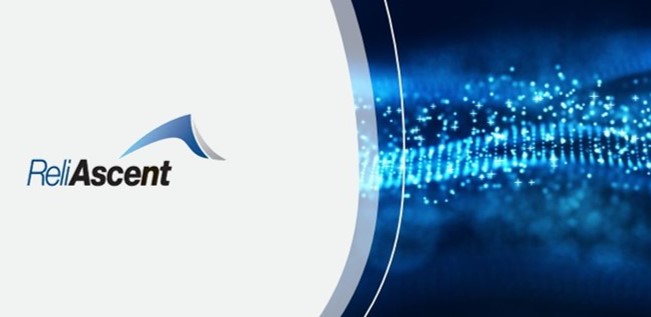
Government Contracting 101 - Part 7: How does the government pay for my research?
There are several ways that the government can help fund your research. The first is through a direct need from the government and direct funding under a grant or contract written specifically for research and/or development. There are many avenues to assist in this type of funding. FAR Part 35 discusses Research and Development Contracting. There are also several programs designed for small businesses that we discussed earlier in this blog series in “Blog 4 – What is the role of small business in Government Contracting?”. These programs include the Small Business Innovative Research (SBIR), Small Business Technology Transfer (STTR) and Federal and State Technology Partnership (FAST) programs designed specifically for this purpose. There are also solicitations in the Broad Area Announcements (BAA) for fulfilling government needs and desires for developing new products and technologies.
The government will also indirectly fund contractor research and development efforts under the Independent Research and Development (IR&D) costs pool for almost any government contract, whether it is for R&D or not. IR&D is a General and Administrative (G&A) costs sub-pool. IR&D is defined in the FAR as follows:
Per FAR Part 31.001 – “Independent research and development (IR&D) cost” – means the costs of effort which is neither sponsored by a grant nor required in performing a contract, and which falls within any of the following four areas:
- Basic research
- Applied research
- Development, and
- Systems and other concept formulation studies.
How do you know if you are performing an authorized IR&D function? Per FAR Part 31.205.18 – IR&D costs are allowable as indirect expenses on contracts to the extent that those costs are allocable and reasonable. In order for IR&D costs to be allocable, you just have to have an accounting system that is compliant so that IR&D is allocated equally amongst your programs.
What is the definition of reasonable? There is some subjective determination on the reasonableness of IR&D costs. Here are a few rules of thumb:
- You have some expertise in the area of research. In other words, you aren’t an ASE certified mechanic trying to solve the problems of nuclear waste.
- You have justification for the costs:
- Timekeeping to document the amount of efforts
- Backup documentation for purchasing
- Statements of Work for Subcontracts
- Statements of Work for Consultants
- You have a defined goal that your research is going to achieve
- You have set measurement criteria for the research to determine if you are advancing
In short, IR&D topics need to be run like any other contract; it is just an internal contract with yourself. If you are performing any experiment and you don’t have criteria for success or results of measurements, then you aren’t doing research, you are just playing! The government is not interested in paying for follies of fancy (they want to fund real research, independent or not).
If you have questions about setting up and IR&D project, please contact ReliAscent (303) 999-3808. We can help you ensure that you are advancing your corporate intellectual property and you can be assured that the costs of that effort will not be disallowed by an auditor in the future.